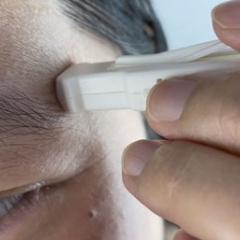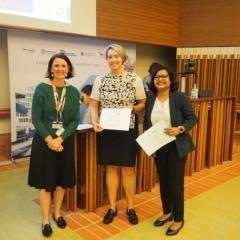In order to predict progression and patient response to treatment, there is a need for identification of the unique gene expression signatures which drive the development of skin cancer.
Quantitative real-time PCR (qPCR) is an integral technique for gene expression analysis in dermatology research, due to its high sensitivity and specificity.
Using this technique, the expression levels of genes of interest are measured by comparing to those of a reference, or “housekeeping” gene, which is stably expressed across different cell types and tissues.
A new study from The University of Queensland Dermatology Research Centre is the first to identify suitable reference genes for use in studies of pre-cancerous lesions, like actinic keratosis and non-melanoma skin cancers (keratinocyte cancer).
‘Housekeeping’ genes are typically used as a reference with the assumption that they are stably expressed across tissues.
However, it is now known that in many instances these commonly used genes exhibit tissue and treatment specific variability, highlighting the need to identify improved, more stably expressed reference genes.
In this study, we identified specific genes that were consistently expressed across all samples within a panel of non-melanoma skin cancer lesions.
These genes will provide a valuable resource for gene expression studies for the future detection of of non-melanoma skin cancer biomarkers.
The Study has been published in PeerJ.
DOI: https://doi.org/10.7717/peerj.3631
Media: Dr Lisa Tom, l.tom@uq.edu.au.



